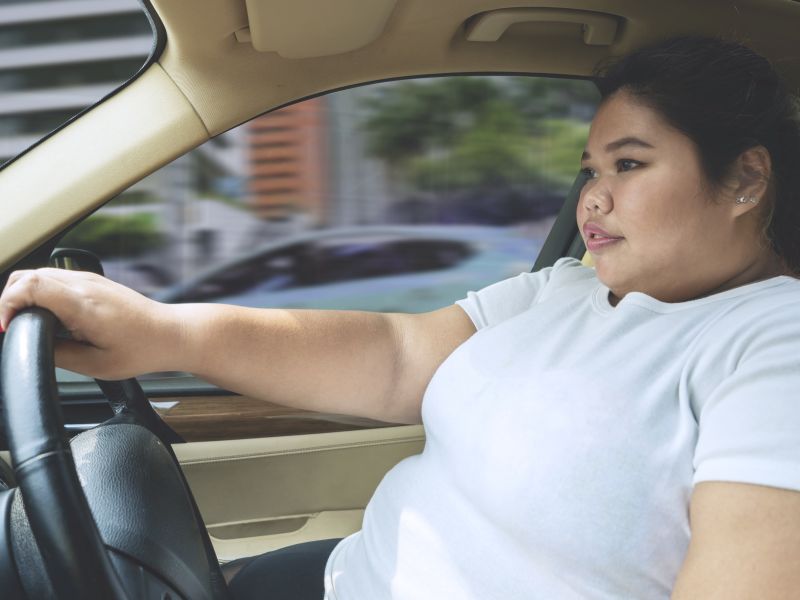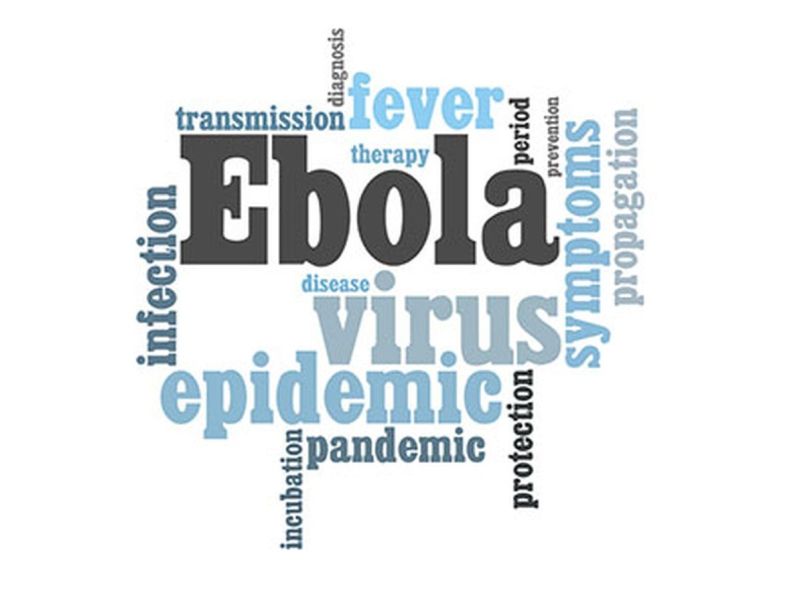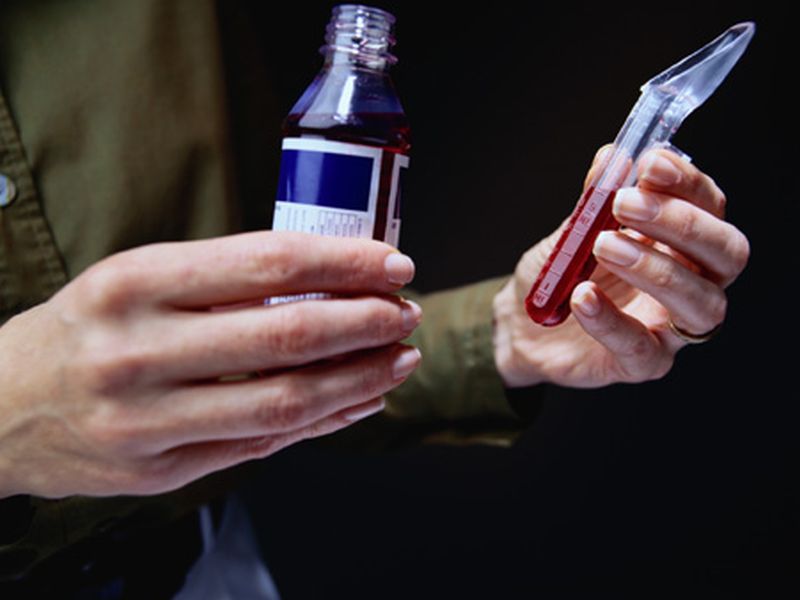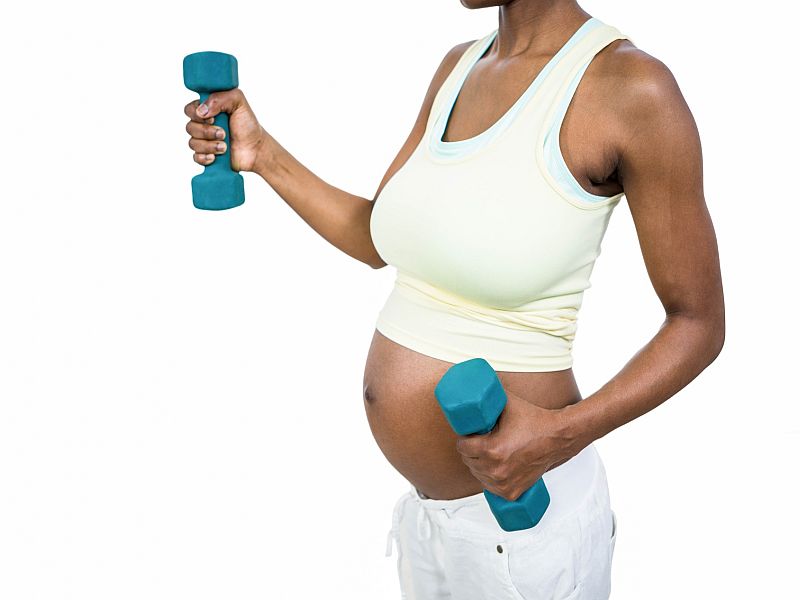
There are gaps in immunity against mumps among college-aged Americans who were vaccinated in childhood, researchers say. New findings show the need to learn more about the immune system response to mumps and mumps vaccination. Mumps is a highly contagious viral disease that can spread rapidly among people in close living quarters, such as college… read on >






























